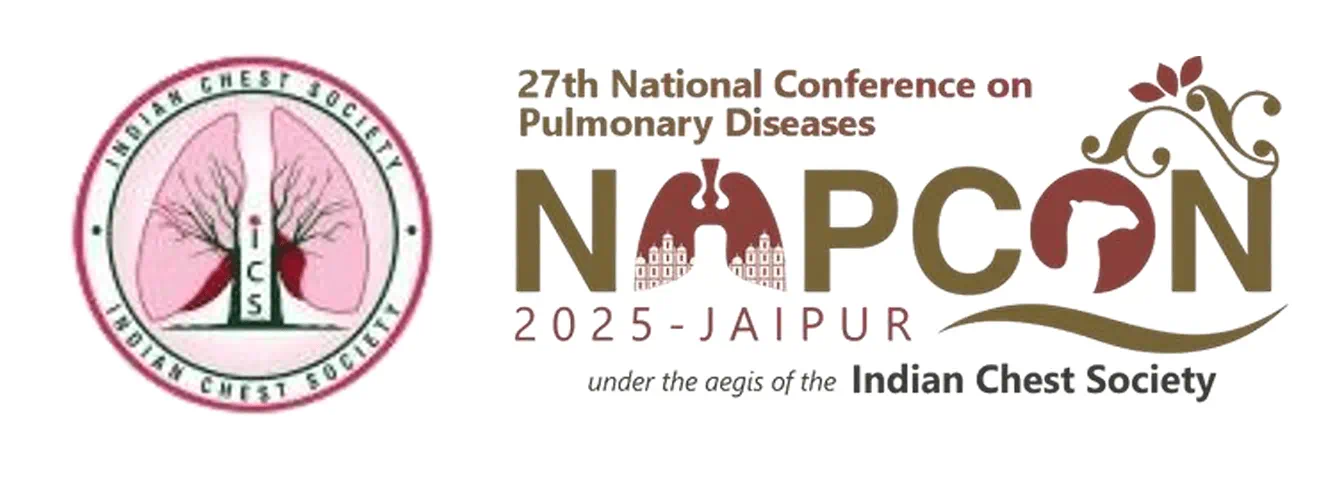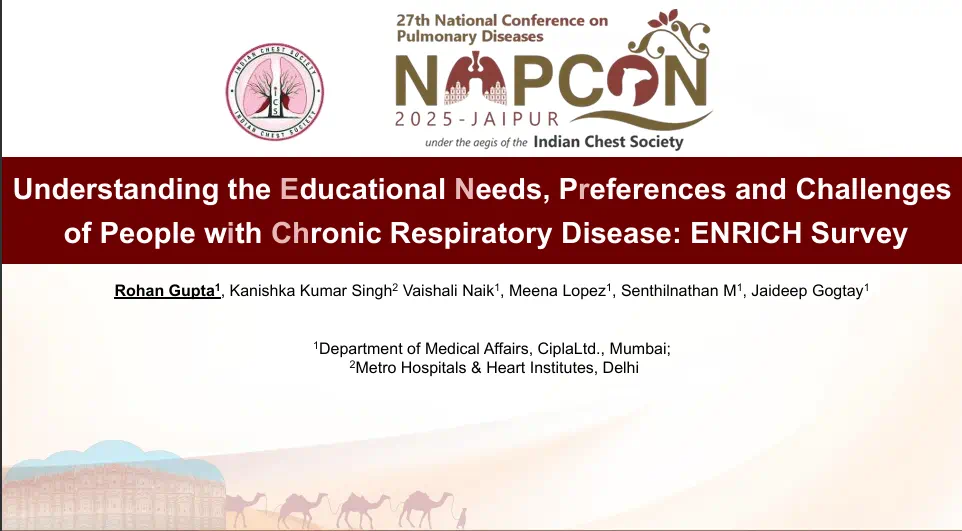DHEA Improves Outcome in Patients with Diminishing Ovarian Reserves
Introduction
In-vitro Fertilization (IVF) in women with diminishing ovarian reserves (DOR) is a significant challenge faced by the infertility specialists. Poor ovarian response is seen in about 5-18% of the IVF cycles and the successful pregnancy rate is as low as 2-4%. The results from recently randomized controlled trials and meta-analyses showed that pre-treatment with dehydroepiandrosterone (DHEA) for IVF in women with DOR did not improve the clinical pregnancy out-come. However, several retrospective studies have shown that DHEA supplementation improves the outcome.
Aim
The meta-analyses of nine studies was carried out to evaluate the outcome of DHEA therapy in patients with POR undergoing IVF.
Method
Study design
- Meta-analysis of 9 studies
- 4 RCTs, 4 retrospective studies and one prospective study
- Pooled data was classified as treatment group, n = 540 and control group, n = 668
- Quality assessment of the studies was done using the Jadad scale and the Newcastle Ottawa Scale (NOS)
Inclusion criteria
The studies had to meet the following criteria:
- Patients had a poor response to stimulation with IVF
- Administration of DHEA as an adjuvant therapy in the treatment group
- Randomized controlled and retrospective or prospective controlled studies
- Studies published in english
Exclusion criteria
- Review articles
- Case reports
- Before-after studies
End Points
- Number of retrieved oocytes
- Cancellation rate of IVF cycles
- Clinical pregnancy rate
- Miscarriage rate
Results
- According to Jadad scale, the quality of all the 4 RCTs was high
- Other studies were reliable as per the Newcastle Ottawa Scale
- There was no significant difference in the number of oocytes retrieved in the DHEA and control groups as per the analysis of 2 RCTs and 3 retrospective studies (WMD = -0.69)
- The analysis of 1 RCT and 5 retrospective studies showed no difference in the cancellation rate of IVF between the groups (OR=0.74)
- Analysis of 4 RCTs, 3 retrospective studies and 1 prospective study showed a higher clinical pregnancy rate in the DHEA group as compared to the control group (OR=1.47)
- However, subgroup analysis of RCTs showed no significant difference in the clinical pregnancy rate between the two groups (OR=1.08)
- The difference between the miscarriage rate was not significant between the groups (OR=0.34) as concluded from the analysis of 2 RCTs and 1 retrospective study.
Conclusion
The meta-analysis showed that DHEA supplementation significantly increased the clinical pregnancy rate in DOR patients undergoing IVF. Large scale multicenter, randomized controlled studies are needed to confirm the findings and facilitate the decision making for clinical treatment.
J Gynecol Obstet Biol Reprod (Paris) (2016), http://dx.doi.org/10.1016/j.jgyn.2016.01.002









